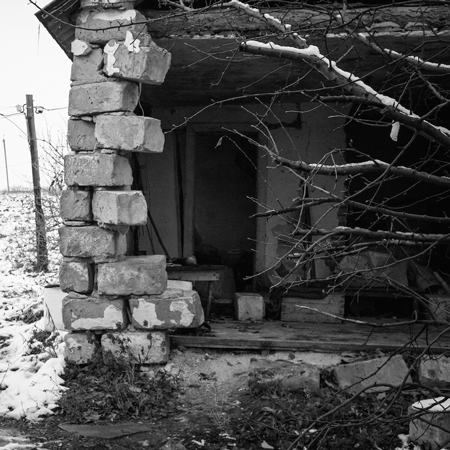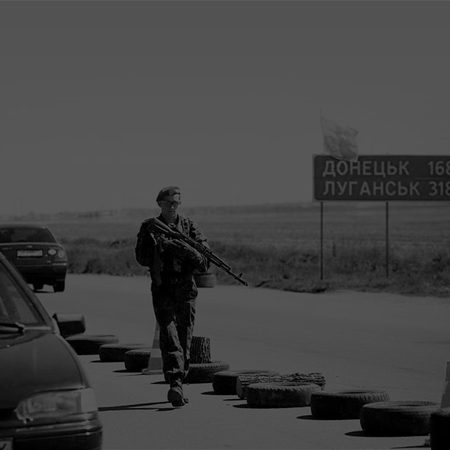
Conducting sociological research
Foundation.101 offers services in conducting sociological studies using the following methods: quantitative surveys, focus groups, in-depth interviews, monitoring etc. We work all over the territory of Ukraine and have an extensive network of interviewers and monitors. Check out the portfolio below to be convinced of the high quality of our works.
Portfolio
4 YEARS IN THE WAR. THE CRISIS OF THE EMPLOYMENT AT DONBAS
This research was carried out by Non-Governmental Organizations "Foundation.101" and "Ukrainian Institute for the Future" with the support of the United Nations Development Program in Ukraine.
The purpose of the study was to evaluate the effectiveness of the state programs for employment incentives in the Donbas region and frontline areas.
Research methods: 1) desk study on the analysis of current publications on the subject, statistics and analytical reports on the socio-economic status of the region, current legislation and previous studies aimed at improving the employment situation in problem regions; 2) content analysis based on in-depth interviews.

LIVING ON THE CONTACT LINE: PROBLEMS OF THE FRONTLINE SETTLEMENTS OF THE DONETSK REGION
This analytical report is based on a study conducted from July to November 2017 by the NGO "Foundation.101".
The aim of the study was to outline the main problems related to the safety concerns of the residents in the frontline settlements and get feedback on the work of the authorities, Ukrainian and international organizations in view of this situation and outline the perspective of the most effective solution to these problems from the point of view of the residents of these frontline settlements.
To conduct the study, the Foundation.101 collected 45 in-depth interviews, 40 of them are with the local residents of the frontline settlements of different age and gender groups, and 5 of them are with heads of local councils.

SOCIAL SITUATION IN FRONTLINE CITIES BASED ON THE CASE OF BAKHMUT. PROBLEMS OF INTERNALLY DISPLACED PERSONS, SHORT-TERM VISITORS AND LOCAL RESIDENTS
This analytical report is based on a study conducted by the NGO "Foundation.101" from October 2016 to January 2017.
The aim of the study was to outline the main trends and problems faced by internally displaced persons (IDPs) and Bakhmut residents because of the city’s frontline location and related social issues. The social tension in the city is related to the significant numbers of the IDPs that are permanently residing in the city, as well as with the thousands of short-term visitors (residents of Luhansk and Donetsk regions who travel to government-controlled territory to meet their needs) who come to Bakhmut daily. The report also outlines the issues that short-term visitors (STVs) face.
An additional goal of the research was to collect information about the stakeholders who assist IDPs and STVs in Bakhmut and their activities.
To conduct the study, Foundation.101 collected in-depth interviews with representatives of local authorities and NGOs that assist IDPs, as well as with IDPs and STVs themselves.

REPORT ON THE RESULTS OF MONITORING CONTROL POINTS "ZAYTSEVE" AND "NOVOTROYITSKE"
The report with recommendations is prepared on the basis of monitoring the situation at the two entry-exit control points in the Donetsk region "Zaytseve" and "Novotroyitske". The monitoring was conducted from September 2015 to February 2016.
The monitoring was conducted by observers of the NGO "Foundation.101" in partnership with the Ukrainian Parliament Commissioner for Human Rights and Donetsk Regional Military-Civilian Administration.
As part of the monitoring of entry-exit control points "Zaytseve" and "Novotroyitske", organization’s representatives were there full-time on a daily basis and monitored the observance of human rights.
Overall, the observers of Foundation.101 have spent 96 days at the entry-exit control point "Novotroyitske" and 107 days at the control point "Zaytseve". Observers also conducted a survey of citizens in which 439 people who passed the control point in this period were interviewed.

ORDER A STUDY
Fill in the form